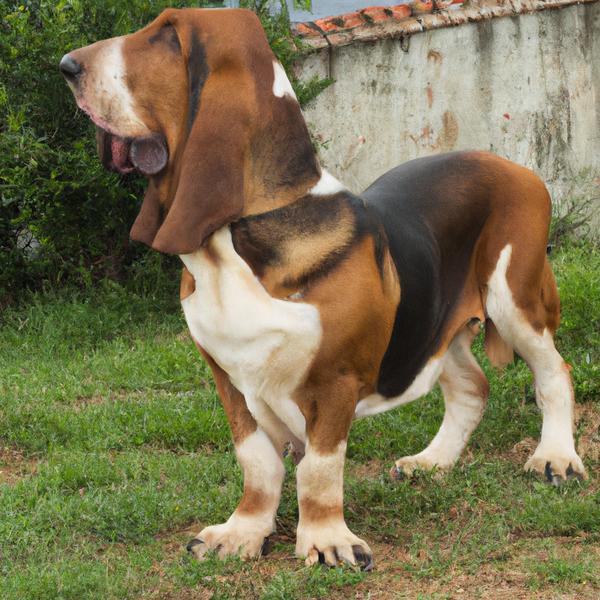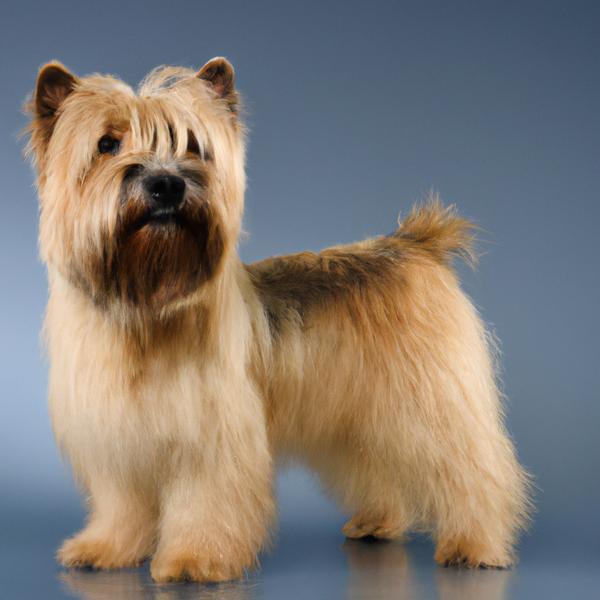Basset Shepherd vs. Silkland Terrier: Breed Differences and Similarities
Hypoallergenic
Are Basset Shepherds or Silkland Terriers hypoallergenic, or neither?
Unfortunately, the Basset Shepherd is not hypoallergenic, making it not a good choice for a dog lover who suffers from pet allergies.
While no dogs are truly 100% hypoallergenic, Silkland Terriers are about as close as it gets, making them an ideal pet if you are an allergy sufferer.
Temperament
What are the personalities of Basset Shepherd and Silkland Terrier dogs?
Curious
Alert
Courageous
Intelligent
Confident
Friendly
Affectionate
Obedient
Loyal
Devoted
Gentle
Tempered
Sweet
Tenacious
Watchful
Independent
Alert
Courageous
Intelligent
Friendly
Responsive
Affectionate
Quick
Joyful
Inquisitive
Shedding Level
Do Basset Shepherds shed more than Silkland Terriers, or which breed sheds more, Basset Shepherds or Silkland Terriers?
Basset Shepherds are heavy shedders, but regular brushing can help manage shedding and promote a healthy coat.
Silkland Terriers shed very little hair, making them a great choice for those who dislike excess hair in the house.
Origin
What is the origin of Basset Shepherd and Silkland Terrier dog breeds?
United States
United States
Ancestry
What are the origins of Basset Shepherd and Silkland Terrier breeds?
Basset Hound and German Shepherd
West Highland White Terrier and Silky Terrier
Date of Birth
When were Basset Shepherd and Silkland Terrier breeds first developed?
2000s
2000's
Litter Size
What is the usual litter size for Basset Shepherd and Silkland Terrier?
A Basset Shepherd can have a litter of 6-8 puppies on average. However, it's worth noting that the size of the litters can vary greatly. Factors that can influence litter size include the health of the mother, breeding history, and genetics.
A Silkland Terrier can have a litter of 3-5 puppies on average. However, it's worth noting that the size of the litters can vary greatly. Factors that can influence litter size include the health of the mother, breeding history, and genetics.
Adaptability
Basset Shepherds are highly adaptable and versatile, making them excellent companions for families and individuals of all lifestyles.
Silkland Terriers are known for their adaptability and can adjust well to different environments and lifestyle changes.
Health Issues
Between Basset Shepherd and Silkland Terrier, which breed is more prone to health problems?
The Basset Shepherd and Silkland Terrier breeds are commonly healthy with low vet costs, regular check-ups may not be as necessary but it's important to keep an eye on their health and have them checked by a veterinarian when needed.
Major Concerns
What are the major health concerns for Basset Shepherd and Silkland Terrier breeds?
Elbow Dysplasia
Hip Dysplasia
Degenerative Myelopathy
Seborrhea
Keratoconjunctivitis Sicca (Dry Eye)
Craniomandibular Osteopathy (Lion Jaw)
Minor Concerns
What minor health issues should be kept in mind when owning Basset Shepherd and Silkland Terrier?
Cherry Eye
Cataracts
Cervical Vertebral Instability
Patellar Luxation
Deafness
Pulmonic Stenosis
Diabetes
Legg-Calve-Perthes Disease
Persistent Pupillary Membranes (PPM)
Leukodystrophies
Chronic Hepatitis
Occasional Tests
What occasional tests are recommended for Basset Shepherd and Silkland Terrier breeds?
Hip
Elbow
Spine
X-Rays
Eye Examination
Physical Examination
Brain Auditory Evoked Response (BAER)
Internal Imaging (x-ray, CT scan, MRI, etc.)
Ear Tests and Myringotomy Tests
Blood Sugar and Thyroid Tests
Yearly Physical Examination
Eye Examinations (both internal as well as external)
X-rays of various parts of the skeletal system
Dental and Oral Examinations
Various Blood Tests
Social Needs
Basset Shepherd vs Silkland Terrier social needs comparison
Basset Shepherd has average social needs and is less independent than other breeds.
Silkland Terrier has above average social needs and thrives with interaction with humans and other dogs.
Sleeping Need
Which of the two sleeps the most/least: Basset Shepherd or Silkland Terrier?
Basset Shepherd and Silkland Terrier breeds are known to have moderate energy levels and normal sleep patterns, typically sleeping around 12-14 hours per day.
Mouthiness
Mouthiness Comparison: Basset Shepherd vs Silkland Terrier?
Roaming urge
Basset Shepherd vs Labrador: Running away tendency?
Prey Drive
Basset Shepherd or Silkland Terrier - which breed has a higher level of prey drive?
Past times
What are some enjoyable activities and ways to keep Basset Shepherd and Silkland Terrier entertained?
Play keep away, Frisbee, Jogging, Catch treats, Watching tv, Tug-of-war, Wrestling, Chase, Fetch, Rough Housing, Running, Tugg of war, Playing tag, Ruff Housing, Walking, Playing games, Playdate, Go to Park, Groom, Car ride, Nap, Bath time, Dog Parks, Run, Walk, Swim, Snuggles, Relaxing, Walks, Going on drives
Tug of war, Fetching, Walks, Cuddles
Tolerance of being left alone
Grooming
Which breed is easier to maintain in terms of grooming, Basset Shepherds or Silkland Terriers?
The Basset Shepherd requires an average amount of grooming compared to other breeds.
Silkland Terriers require significant grooming, including regular trims and professional grooming assistance to maintain their coat. They may also require frequent bathing to keep their coat and skin healthy.
Sensitivity Level
How do Basset Shepherd and Silkland Terrier compare in sensitivity?
This breed is sensitive to its environment and best suited for patient and understanding families with a consistent routine.
This breed is sensitive and requires gentle handling and a calm home environment.
Apartment Friendly
Which breed is more apartment-friendly: Basset Shepherd or Silkland Terrier?
Basset Shepherds can do well in apartments with enough exercise and time outside, but a small yard would be ideal.
The Silkland Terrier is a great apartment dog, thriving with sufficient exercise and time outside as part of their daily routine.
Child Friendly
Do Basset Shepherds or Silkland Terriers have a friendlier temperament towards children?
Basset Shepherds make excellent family pets for kids due to their gentle, protective nature and calm temperament.
Silkland Terriers are good with kids if socialized and trained from a young age.
Senior-friendly
Which dog is more suitable as a pet for the elderly - Basset Shepherd or Silkland Terrier?
Cat Friendly
Do Basset Shepherd or Silkland Terrier breeds have a better compatibility with cats?
Basset Shepherds are good with cats, but early training is needed to prevent chasing behavior.
Silkland Terriers are average in their friendliness toward cats and tend to do well with them, especially if raised together.
Dog Friendly
Which breed is more sociable with other dogs: Basset Shepherd or Silkland Terrier?
Basset Shepherds are friendly and active companions, and can be good family pets, though their friendliness towards other dogs may vary.
Silkland Terriers are average in their friendliness towards other dogs, and socialization can help.
Pet friendly
How do Basset Shepherd or Silkland Terrier dogs interact with other pets?
Stranger Friendly
Which breed is more friendly with strangers: Basset Shepherd or Silkland Terrier?
Basset Shepherds are highly friendly around strangers.
Silkland Terriers are friendly but may bark at strangers, and training is easy due to their intelligence.
Playfulness
Which breed is more playful between Basset Shepherd and Silkland Terrier?
Basset Shepherds have an average level of playfulness, enjoying playtime like most dogs but not excessively so.
Silkland Terriers are very playful, so adopting an older one might be a better option for a more relaxed experience.
Trainability
How do the trainability levels of Basset Shepherds and Silkland Terriers compare?
Basset Shepherd and Silkland Terrier dogs are known for their ease of training and ability to learn quickly, making them a popular choice for pet owners and trainers alike.
Compare Basset Shepherd with other breeds
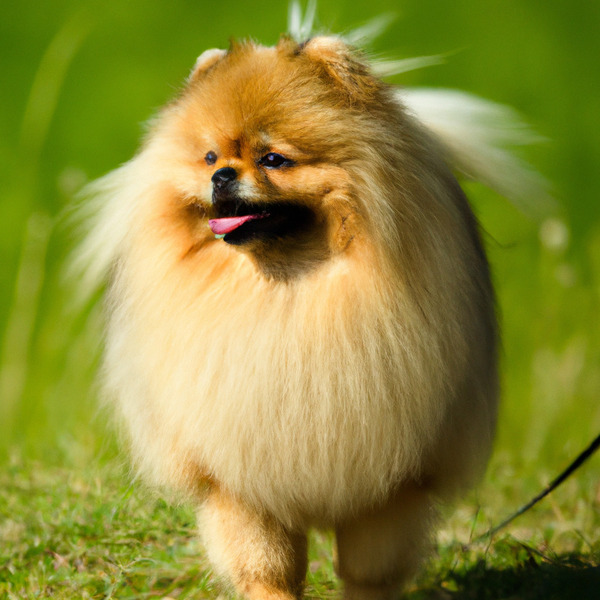
Dameranian
Basset Shepherd vs Dameranian
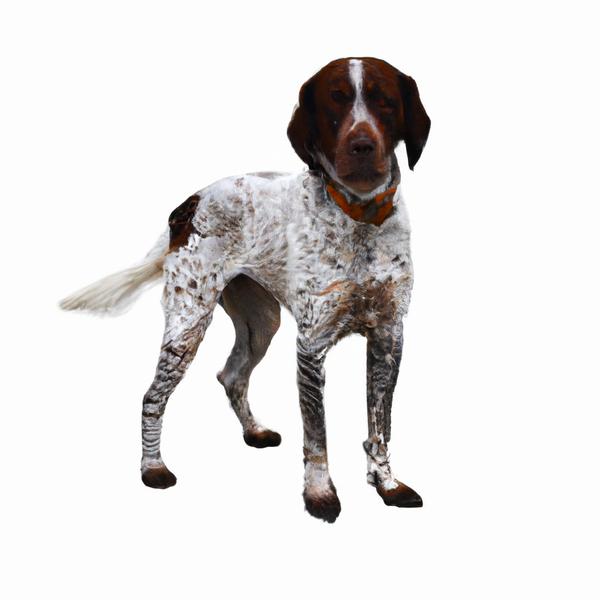
Patterland
Basset Shepherd vs Patterland
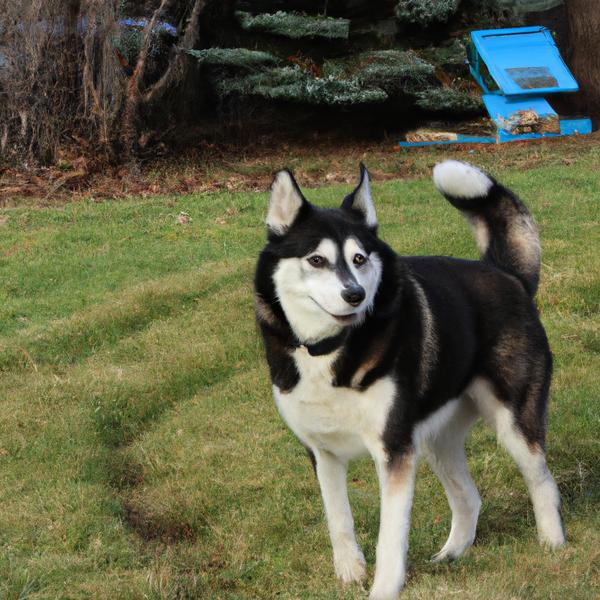
Husky Jack
Basset Shepherd vs Husky Jack
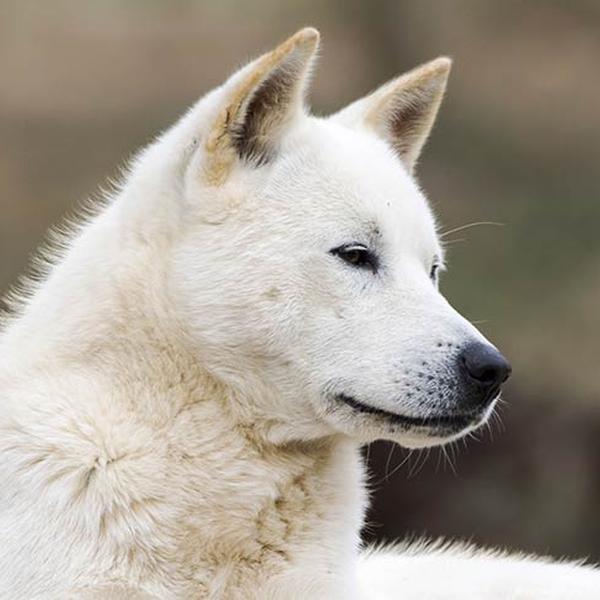
Jindo
Basset Shepherd vs Jindo
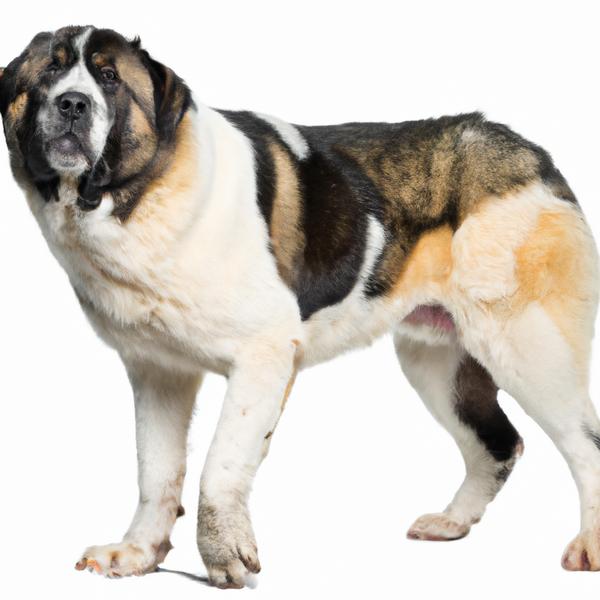
Ba-Shar
Basset Shepherd vs Ba-Shar
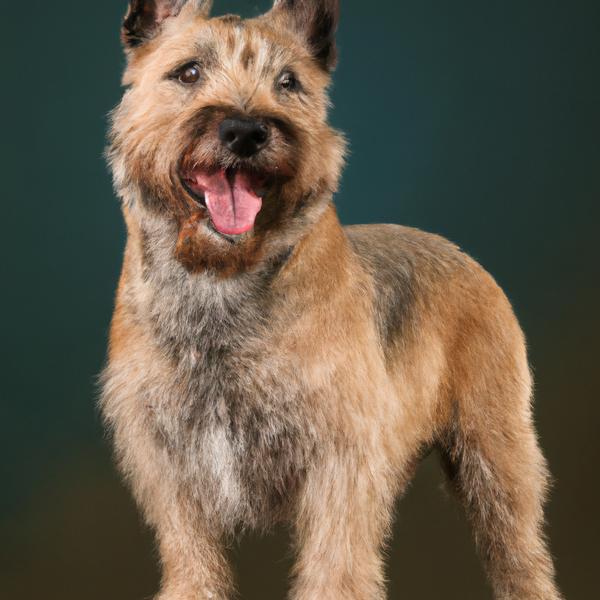
Cairland Terrier
Basset Shepherd vs Cairland Terrier
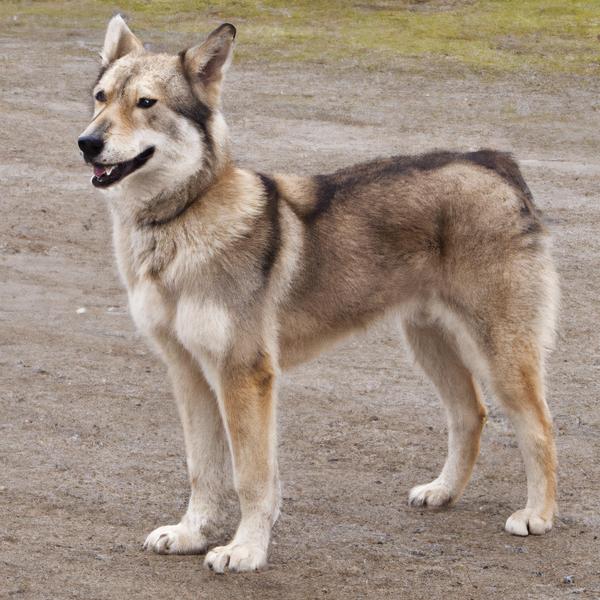
Elk-Kee
Basset Shepherd vs Elk-Kee
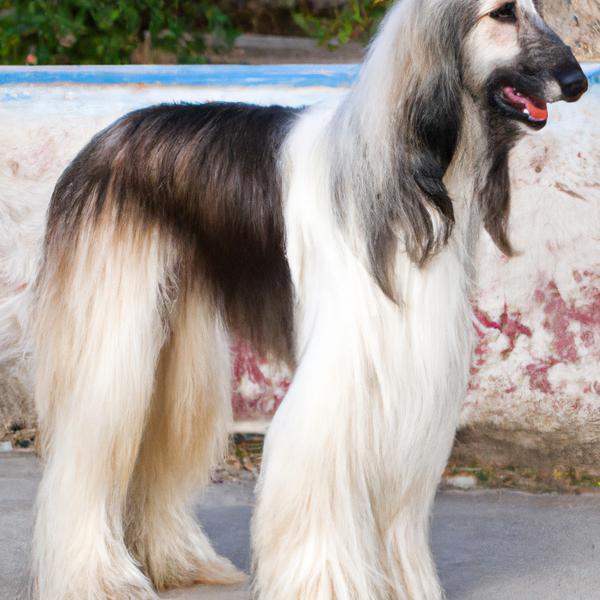
Afghan Collie
Basset Shepherd vs Afghan Collie
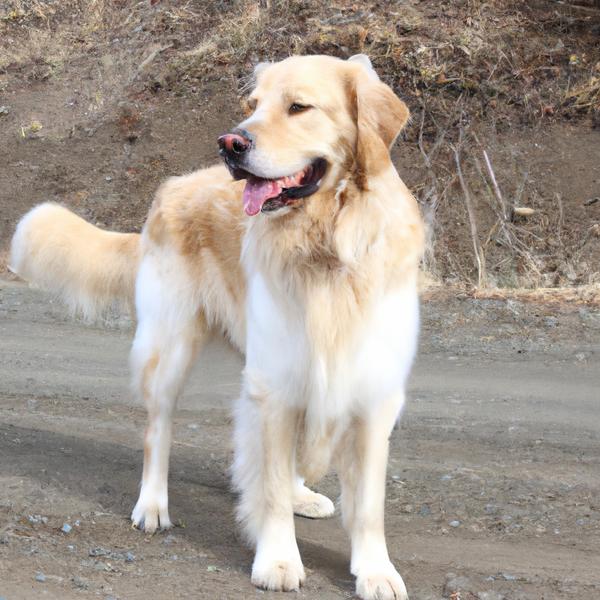
Goldendale
Basset Shepherd vs Goldendale
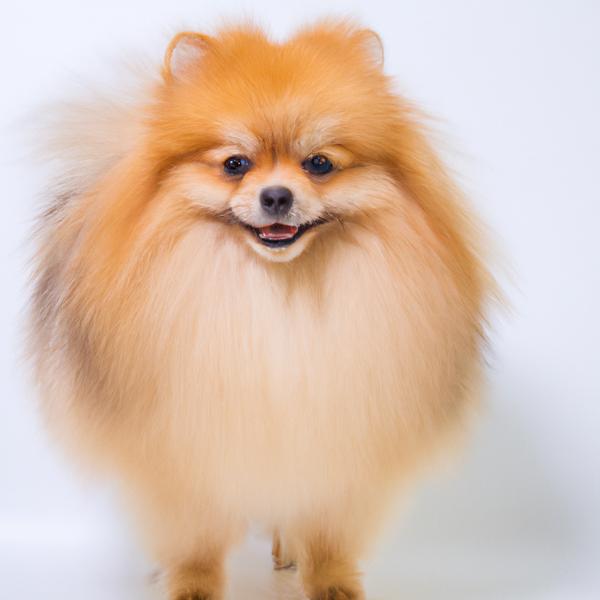
Pom-Kee
Basset Shepherd vs Pom-Kee
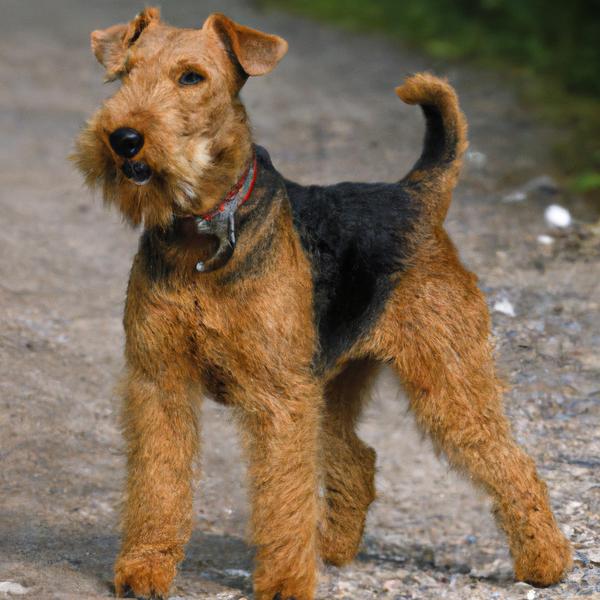
Welsh Terrier
Basset Shepherd vs Welsh Terrier
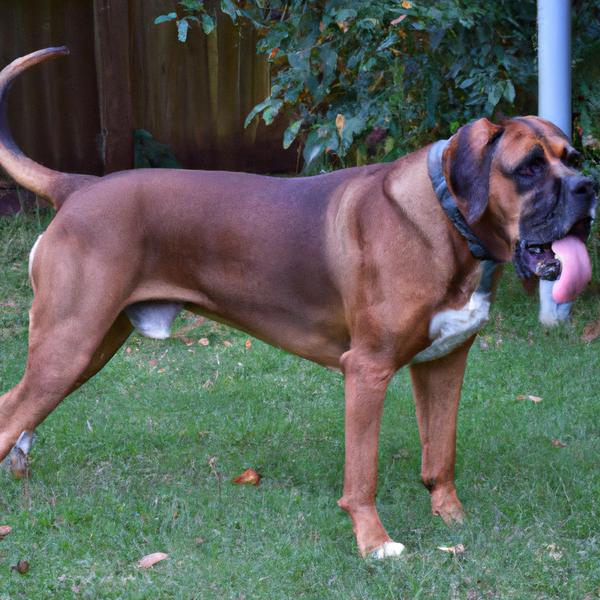
Boxer Basset
Basset Shepherd vs Boxer Basset
